NYC Lawmaker Visits Notorious Live Animal Markets
The News
After receiving multiple complaints from constituents, New York City Council Member Bob Holden visited live animal markets in Queens and Brooklyn. In these storefront slaughterhouses, also called viveros, customers select the animals who they want to eat, and workers kill them on premises. Among the approximately 12 species sold in NYC’s 70 live markets are chickens, ducks, guinea fowl, turkeys, quails, rabbits, goats, sheep and cows. The large mammals are held in pens, and the rabbits and birds are stored in cages.
After touring the markets in Queens and Brooklyn, Council Member Holden, said he was “appalled” by what he found inside: “The conditions are horrendous and barbaric. The animals are packed in. We saw birds with open sores, and we saw sick and dead birds in the cages. I don’t know how anyone can buy these birds. We’re going to do some investigation to find out how this is allowed, and we’re going to try to put a stop to it. It’s unconscionable.”
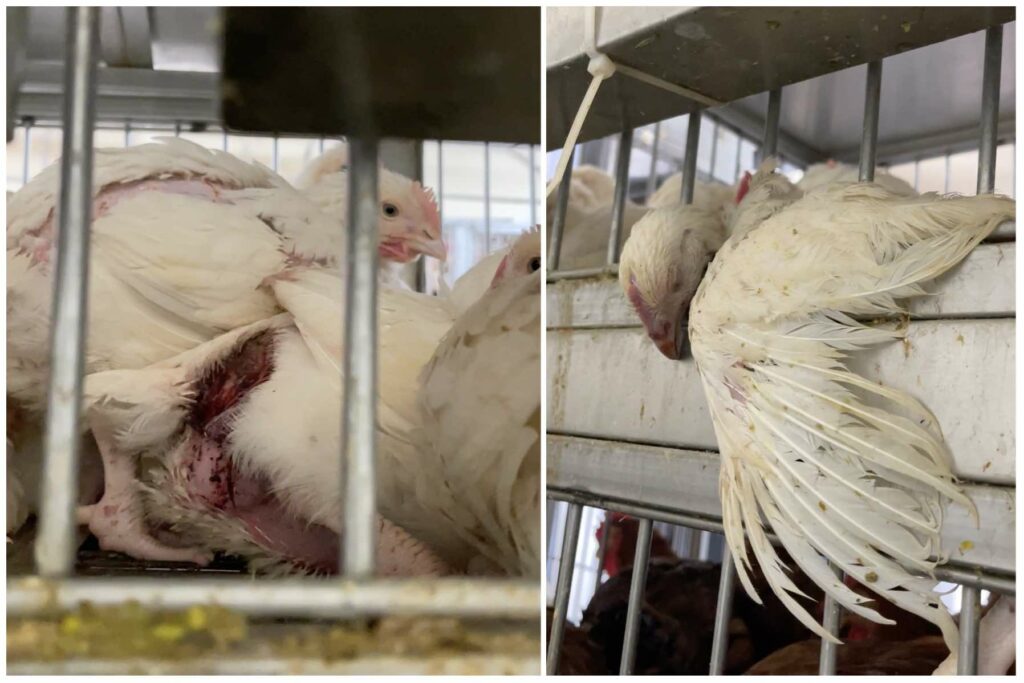
During an unannounced visit to a live animal market in Brooklyn, NYC Council Member Bob Holden encounters chickens with wounds and dead chickens mixed in with the living.
The city’s live animal markets were thrust into the national spotlight in early 2020 when the media reported that COVID was likely transmitted from animals to humans in a similar market in Wuhan, China. Despite this revelation, then Governor Andrew Cuomo deemed the state’s live markets “essential businesses.” Astonished by this designation, public health and animal welfare advocates staged protests in front of several of NYC’s markets to raise awareness of the public health risks.
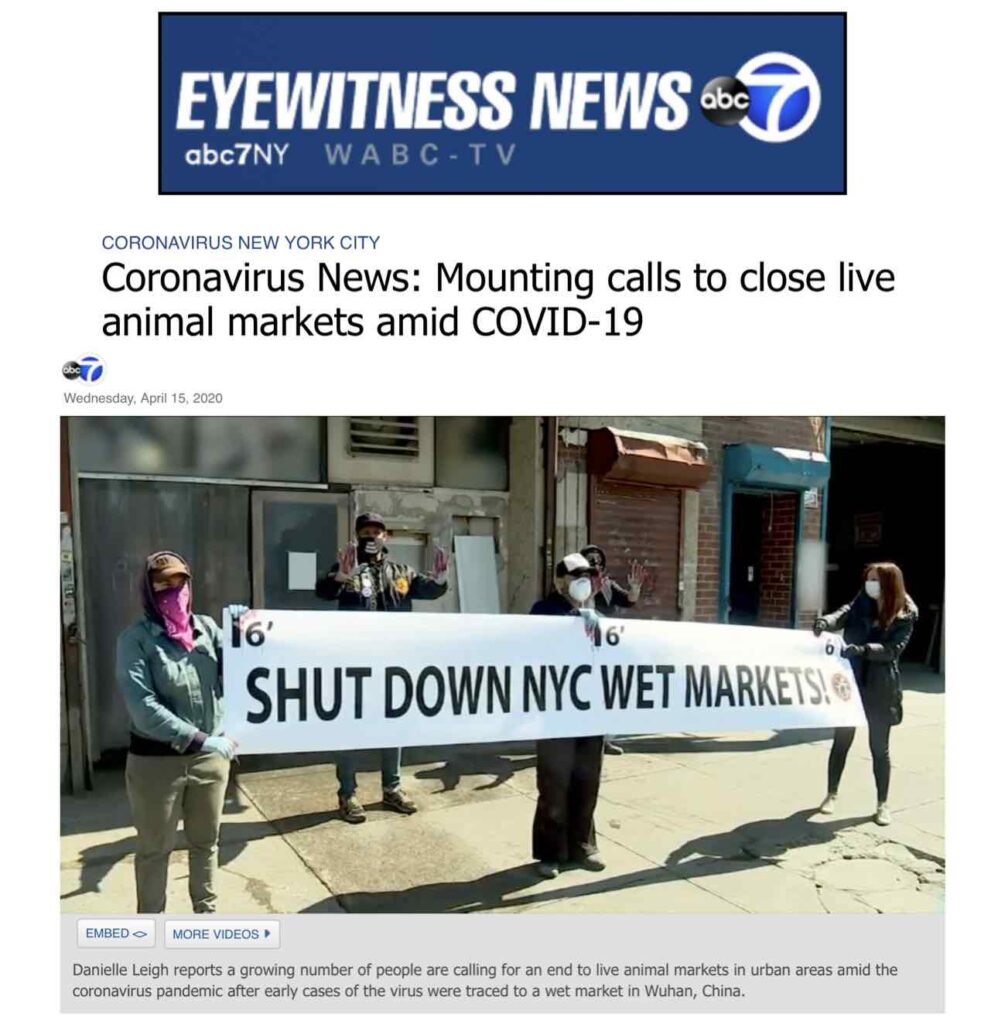
During the first few months of the pandemic, media outlets reported on the ongoing efforts of advocacy groups to shut down the City’s 70 live animal markets
At the start of the pandemic lockdown, Dr. James Desmond, a veterinarian and infectious disease researcher based in Liberia, told TheirTurn, “Wet markets that sell live animals house different species in close proximity to each other and to humans. If different strains of influenza in any of these species combine to create a new flu strain, then a more lethal outbreak could occur, similar to the H2N2 pandemic of 1957.”
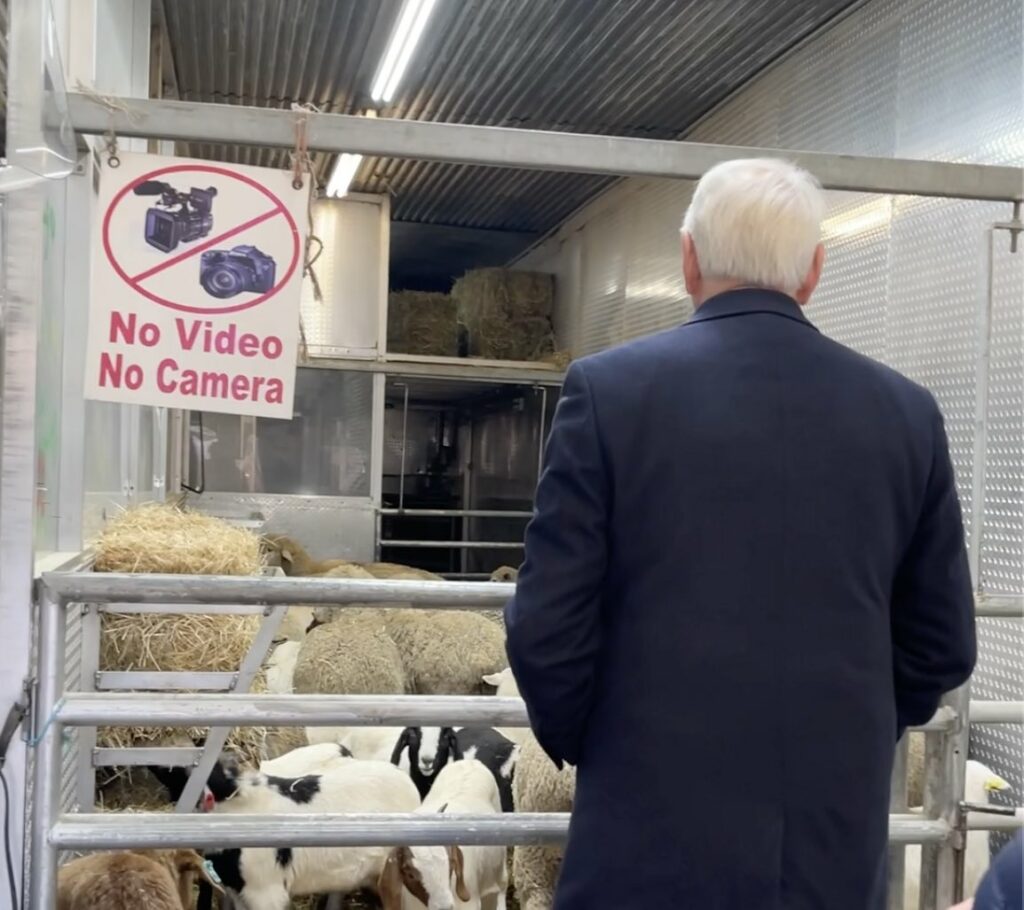
In response to constituent complaints, NYC Council Member Bob Holden visits a live animal market in his Queens district.
In 2021, Dr. Anthony Fauci, who was serving as the Director of National Institute of Allergy and Infectious Diseases, called for the closure of live animal markets in Asia, perhaps unaware of their presence in the United States. “I think they should shut down those things right away. It boggles my mind how, when we have so many diseases that emanate out of that unusual human/animal interface, that we don’t just shut it down.”
In 2022 and 2023, avian flu was detected in several live animal markets in New York City. Hundreds of birds were culled in an effort to contain the spread.
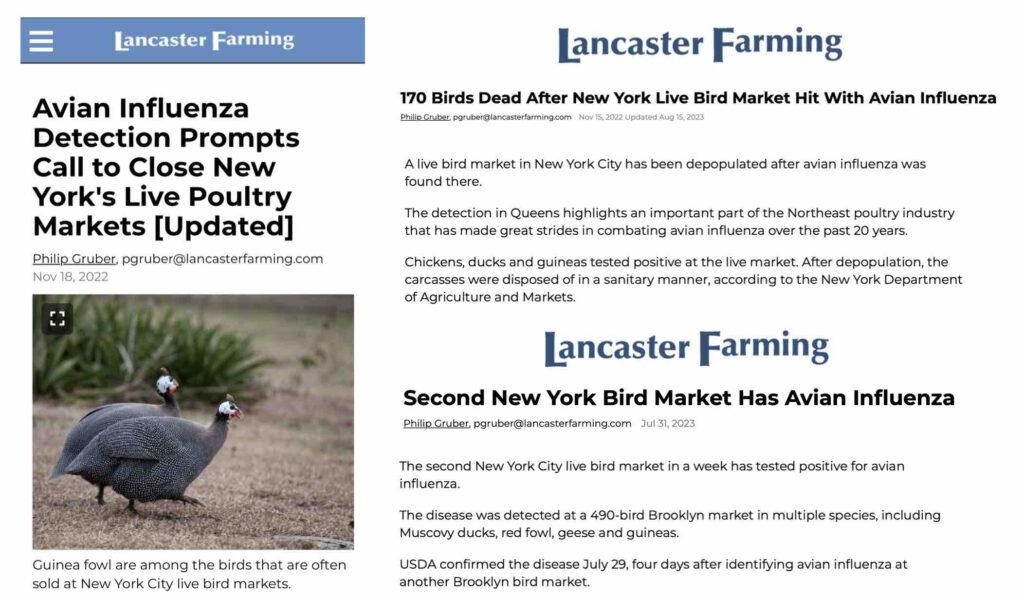
News coverage of avian flu outbreaks in live animal markets in NYC in 2022 and 2023
New York City’s live animal markets are regulated by the New York State Department of Agriculture & Markets. Based on the findings in Freedom of Information Act (FOIA) requests, the agency rarely cites the markets for violations of the city and state’s health and sanitation codes. It also rarely shuts down or suspends operations of the markets do have violations. Neighbors say that the lack of enforcement enables the owners to keep animals in squalid conditions and leave feces, urine and blood on the public sidewalks in front of the stores.
Two advocacy groups in NYC, Slaughter Free NYC and NYCLASS, have been campaigning to shut down the city’s live animal markets for several years. The Executive Director of NYCLASS, Edita Birnkrant, points to several reasons why they don’t belong. “In addition to violating health, sanitation and cruelty codes, many of the markets are likely violating zoning laws. Research conducted by The NYC Bar Association Animal Law Committee concluded that ‘many of the live animal markets are operating either without a certificate of occupancy or in potential violation of the uses permitted in the subject zoning district.’”
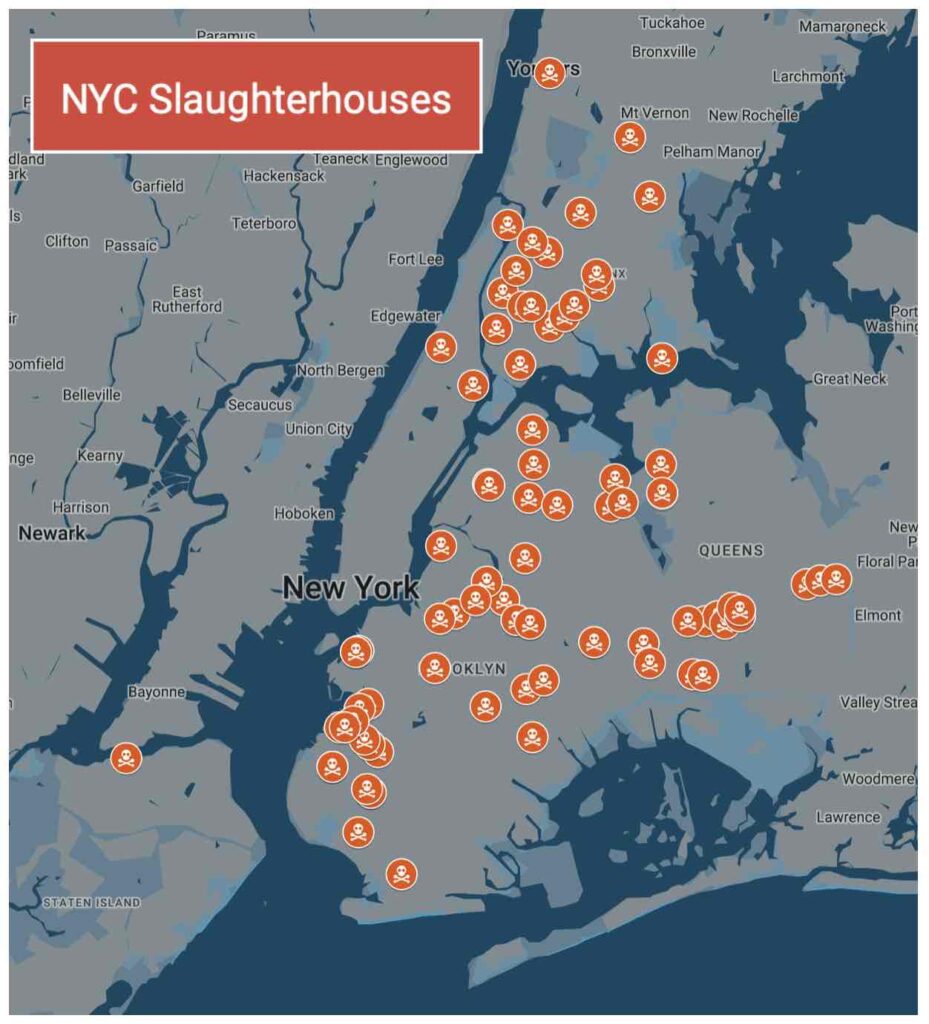
Map of live animal markets, or storefront slaughterhouses, in NYC created by the advocacy group Slaughter Free NYC
In recent years, several cows have escaped live animal markets and fled through congested city streets. In two cases, New Jersey-based Skylands Animal Sanctuary rescued the cows and gave them a forever home.
In posts on social media, many people credited their switch to a plant-based diet on the mainstream media coverage of the dramatic escapes and rescues. “I didn’t want to know about cows [being slaughtered] because I was addicted to cow ice cream,” said New York City resident Martha Mooney Waltien.” Then one day, Freddie ran from the slaughterhouse, and I saw his face. He was so scared, and he wanted to live. And I thought, ‘No more cheeseburgers.’”
Filed under: Food
Tagged with: halal slaughter, Kaporos



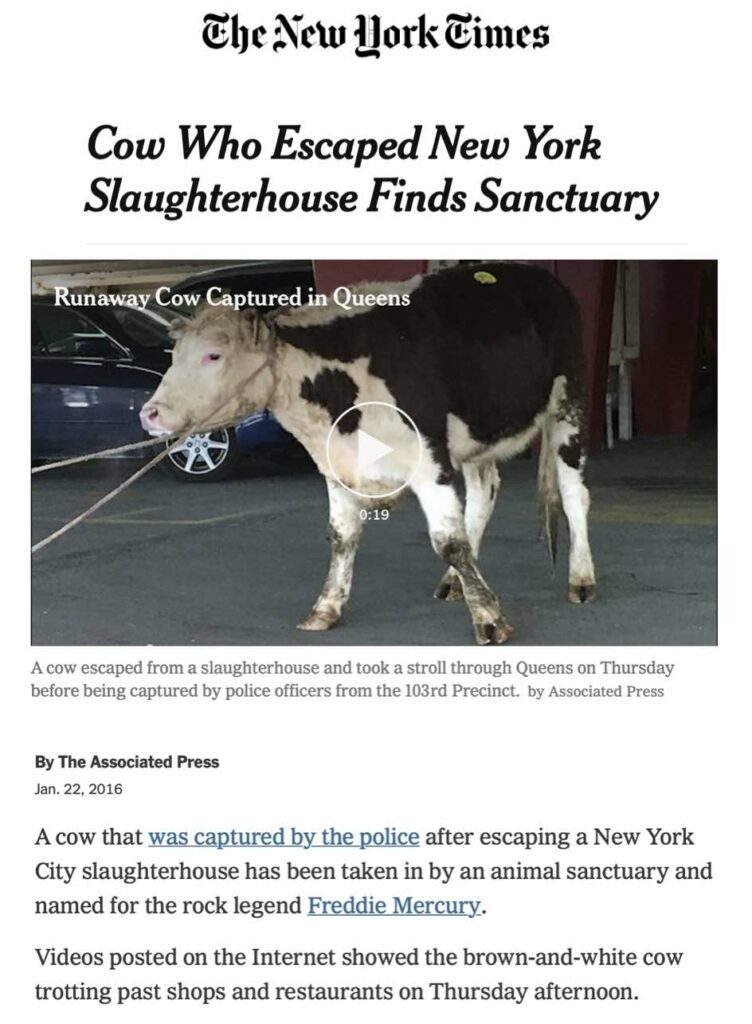
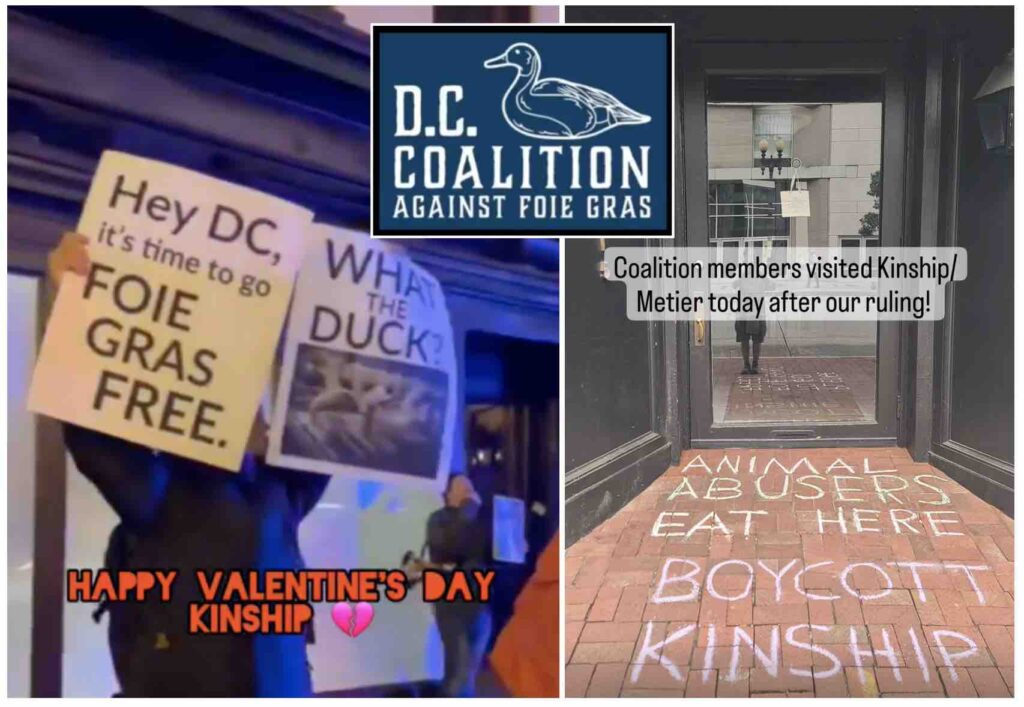
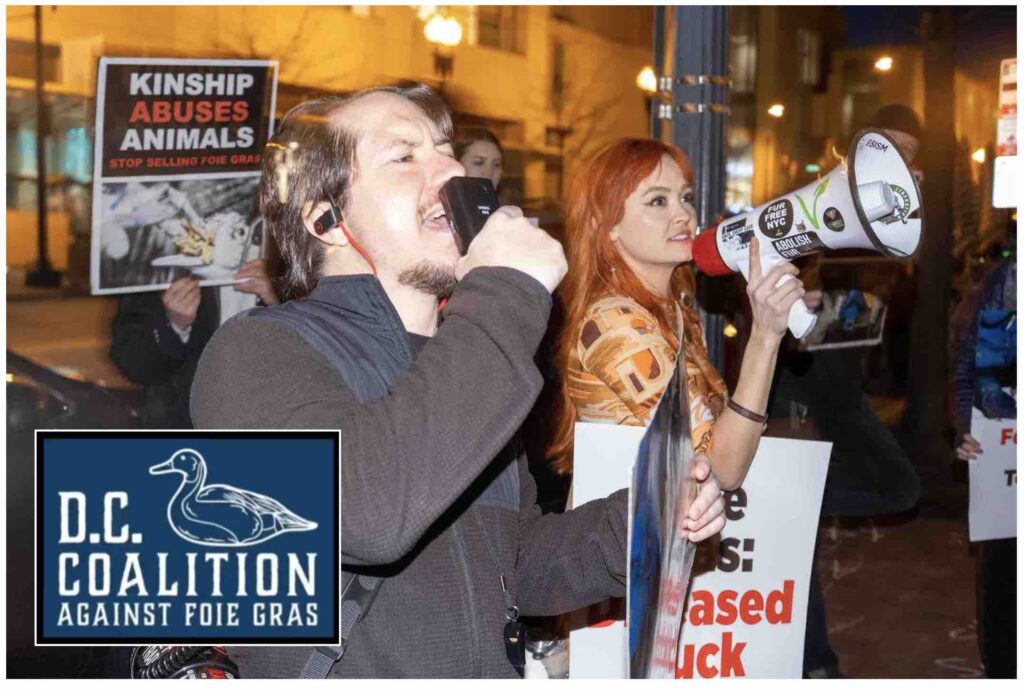
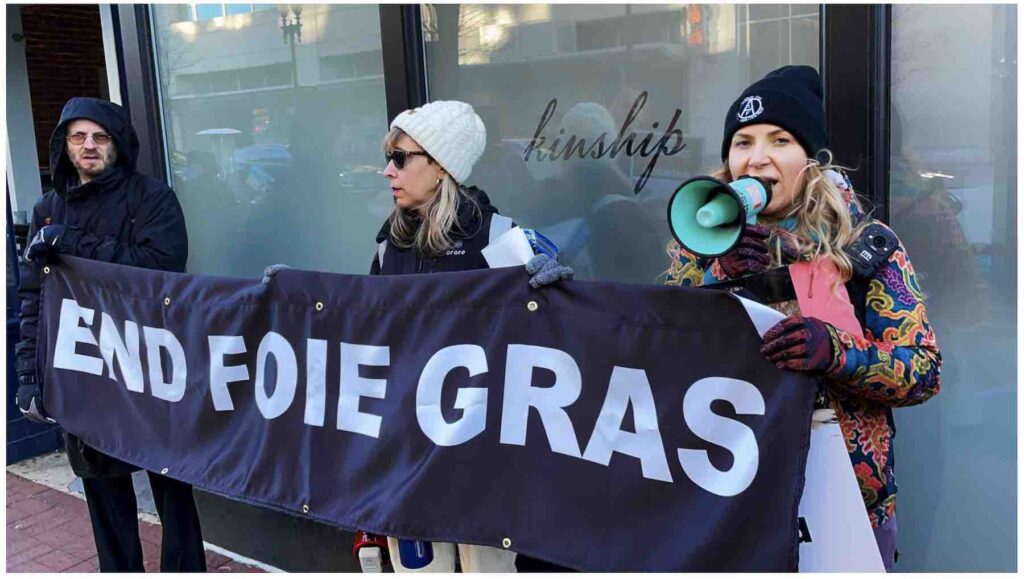
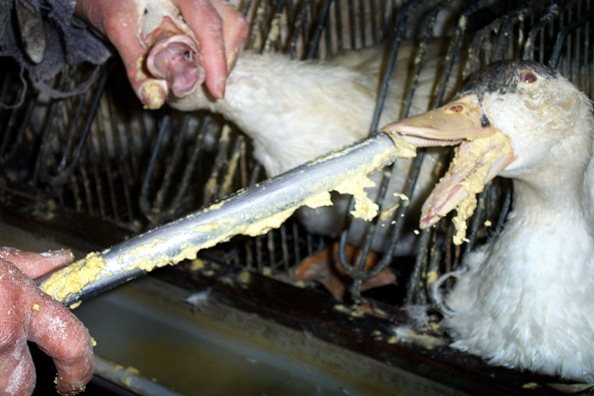
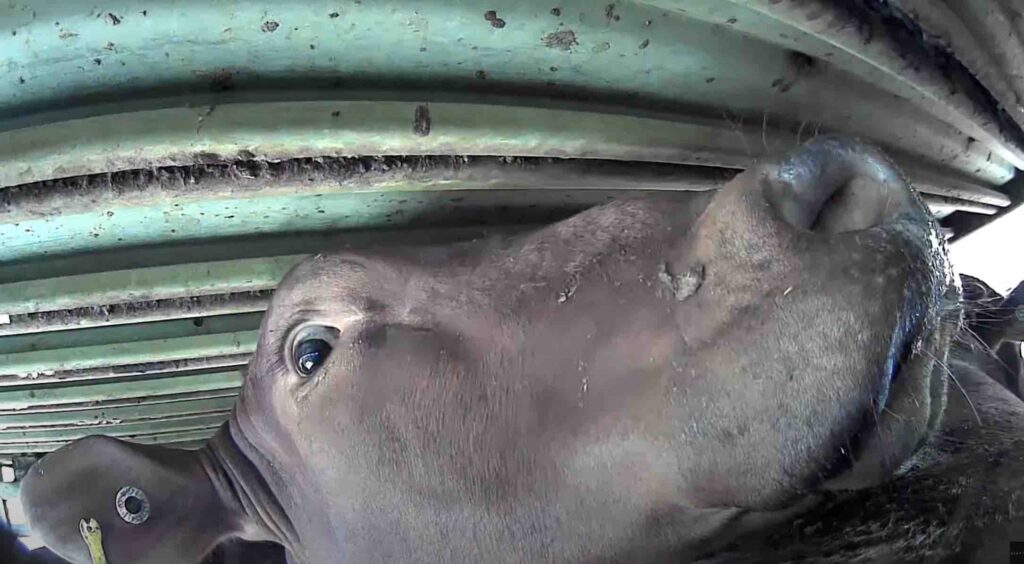
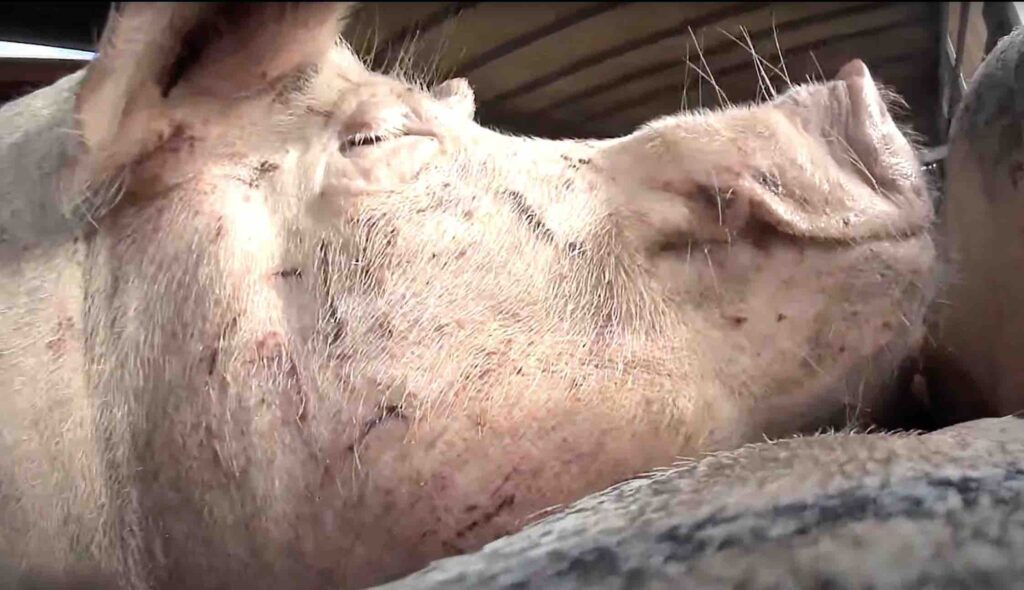
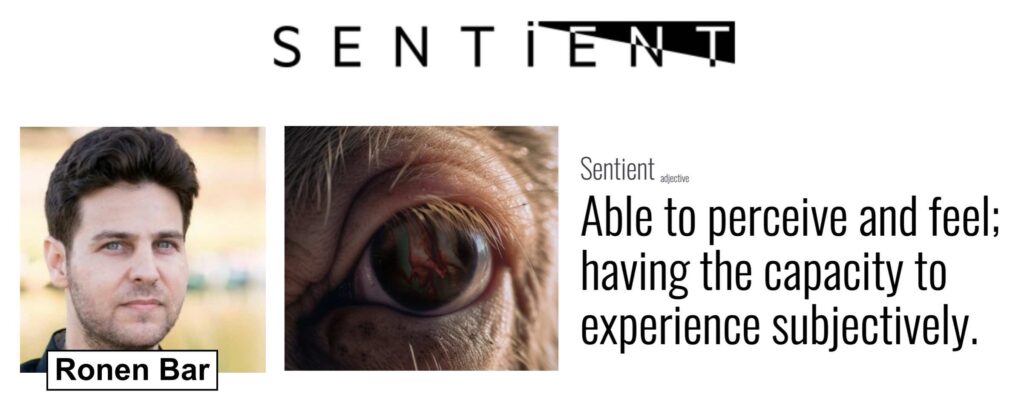
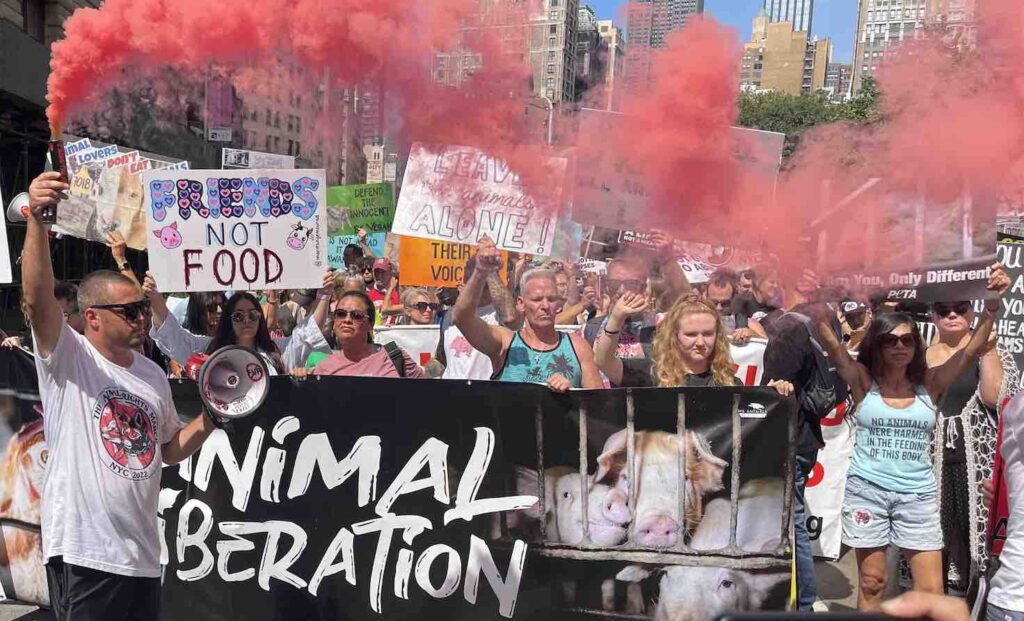
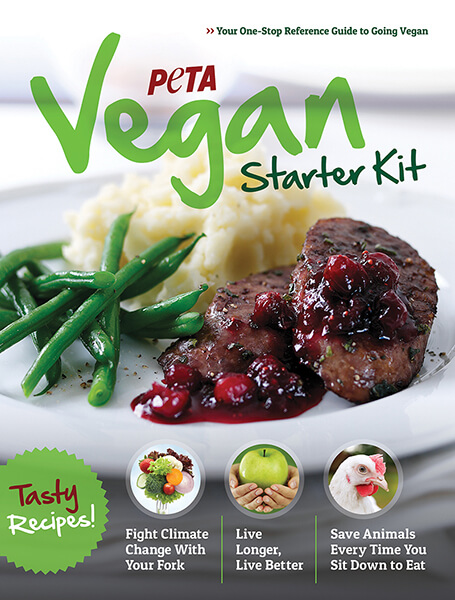
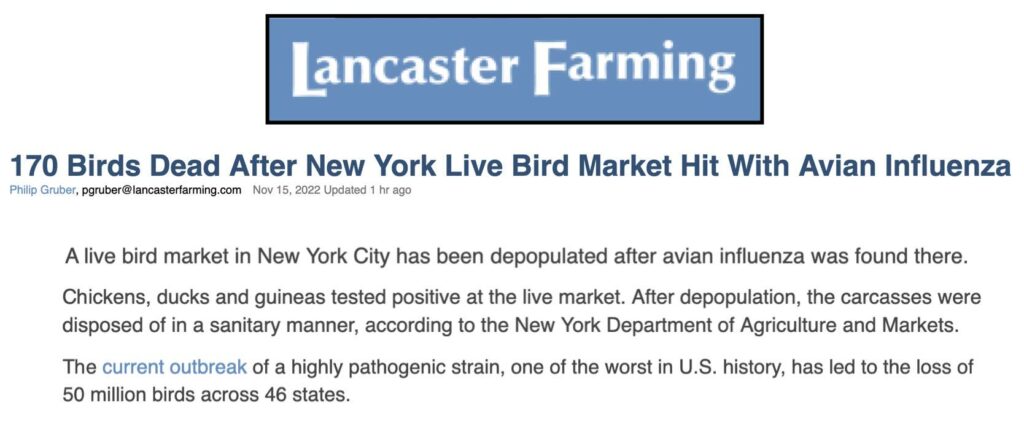
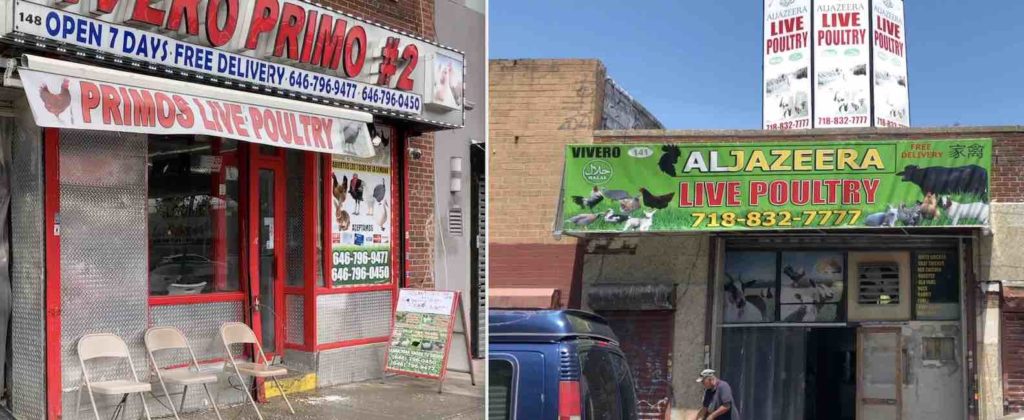
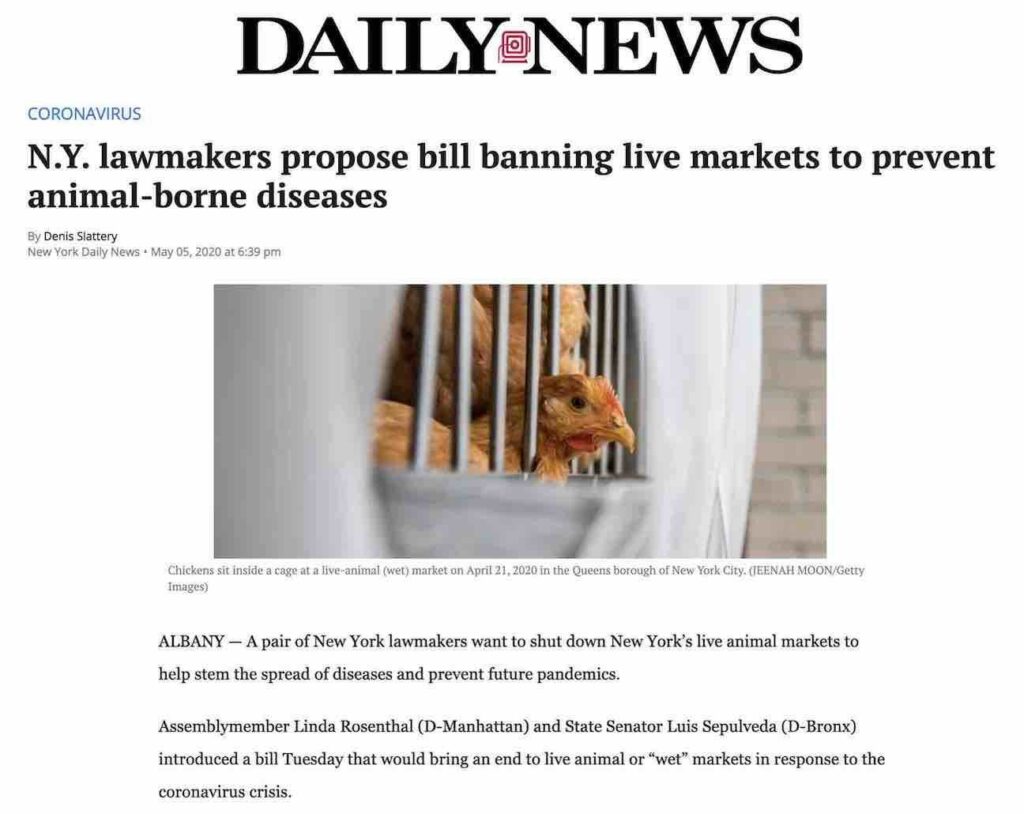
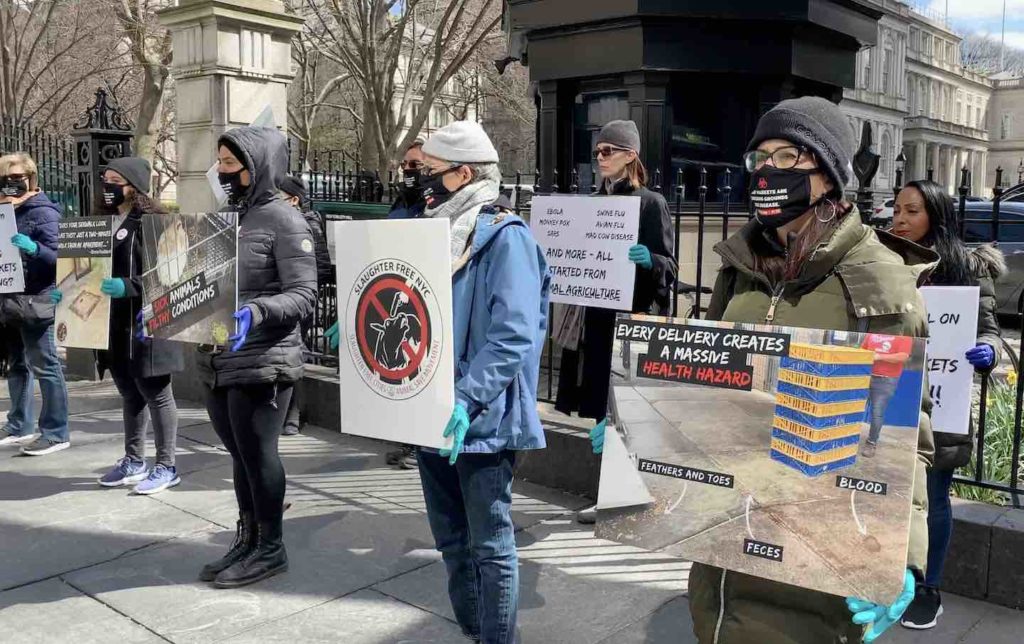
Follow Their Turn